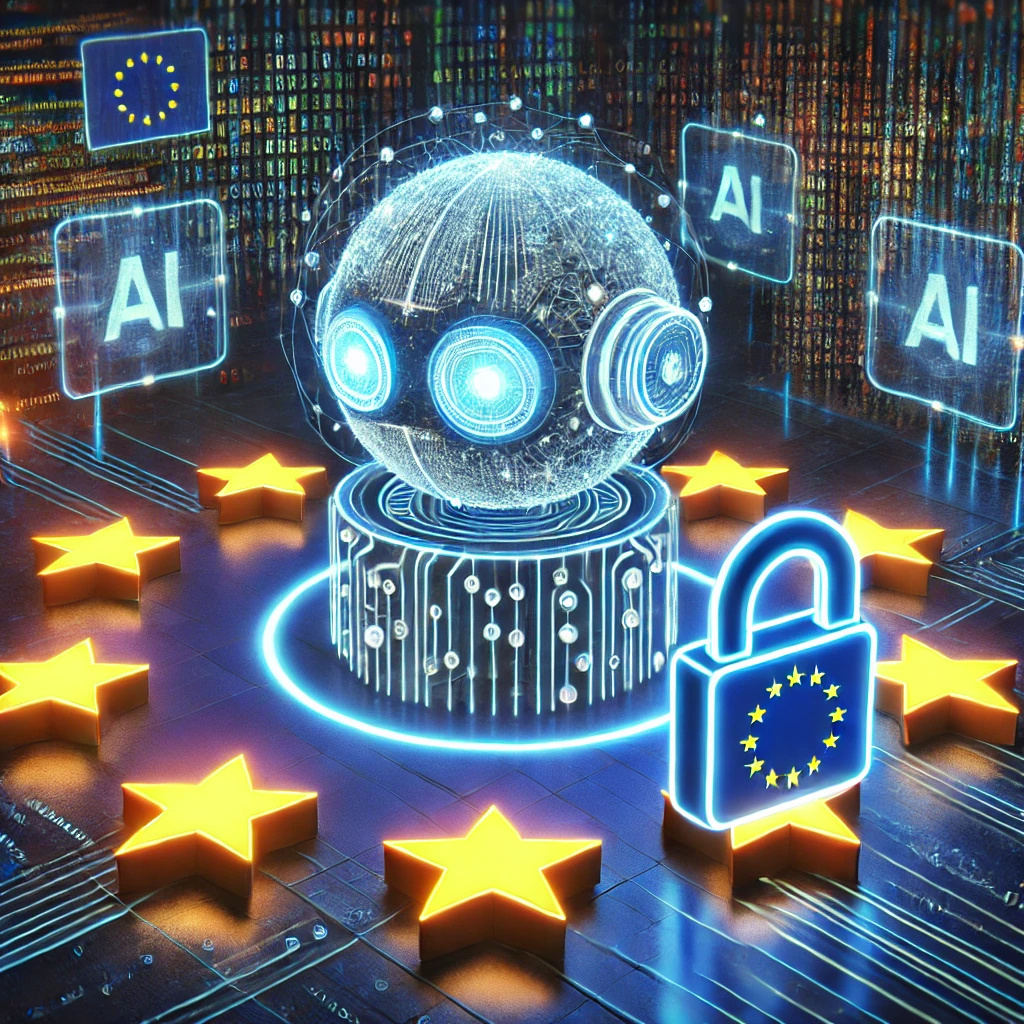Cyber Law at Vatican City
Vatican City, as the smallest independent state in the world, has a unique legal system. Its civil laws are based on Canon Law (the law of the Catholic Church) and, for matters not covered by Canon Law, the laws of Italy are applied on a supplementary basis, provided they do not conflict with divine law or Canon Law.
When it comes to cyber law, the Vatican City State has recently made significant strides, particularly in the area of data protection and, more broadly, digital security.
Here's a breakdown:
1. Data Protection and Privacy (Most Significant Development):
General Regulation on the Protection of Personal Data (Decree No. DCLVII, promulgated April 30, 2024): This is the most crucial development in cyber law for Vatican City. It's a comprehensive regulation modeled closely on the European Union's General Data Protection Regulation (GDPR).
Scope: It applies to the processing of personal data carried out by the Governorate of the Vatican City State, limited to its territory and extraterritorial areas as defined by the Lateran Treaty. Importantly, it excludes data processing by the Holy See or the Roman Curia, which operate separately from Vatican City State.
Key Principles: It establishes principles of lawfulness, transparency, proportionality, purpose limitation, data minimization, accuracy, integrity, and confidentiality.
Data Subject Rights: Individuals have rights similar to those under GDPR, including:
Right of access: To obtain information about their data.
Right to rectification: To correct inaccurate or incomplete data.
Right to erasure ('right to be forgotten'): To request deletion of data under certain conditions.
Right to object and limitation: To object to or restrict processing activities.
Right to data portability: To receive their data in a structured, commonly used format.
Right to complain: To lodge a complaint with the Data Protection Officer if they believe their rights have been violated.
Data Controller and DPO: The Governorate of Vatican City State (represented by its General Secretary) is designated as the data controller. A Data Protection Officer (DPO), the General Councillor of Vatican City State, is responsible for overseeing compliance.
Security Measures: The regulation mandates the implementation of appropriate technical and organizational measures to ensure the confidentiality, integrity, and availability of personal data.
Transparency: Data subjects must be informed about processing activities.
Experimental Period: The regulation was promulgated ad experimentum (for an experimental period) for three years.
2. Cybercrime Laws:
Vatican City State does not have a separate, dedicated "Cybercrime Code" like some larger nations. Instead, it relies on its general criminal law principles and, crucially, the application of Italian criminal law on a supplementary basis.
Italian Cybercrime Law: Italy ratified the Council of Europe's Convention on Cybercrime (Budapest Convention) and has amended its Penal Code (e.g., Articles 615-ter, 615-quater, 615-quinquies) to cover various cyber offenses like:
Unauthorized access to computer systems (hacking).
Illegal possession and diffusion of access codes.
Diffusion of programs aimed at damaging or interrupting computer systems (malware).
Online fraud and forgery.
Child sexual abuse material online.
Application in Vatican City: These Italian provisions would generally be applicable in Vatican City where no specific Vatican law exists, provided they do not conflict with Canon Law or the specific situation of Vatican City.
Practical Approach: The Vatican has been a target of cyberattacks (e.g., state-sponsored groups). While public comments are rare, there's an increasing focus on strengthening digital defenses. There are reports of cybersecurity experts being hired and collaborations with groups like "Vatican CyberVolunteers" who perform penetration testing and share threat intelligence.
3. Digital Security Regulations & AI Ethics:
Internal Security Measures: The Vatican employs advanced security technologies for its internal operations, digital archives, and media channels, including biometric authentication, RFID technology, and two-factor authentication. Physical security measures like strict control over electronic devices during events like the papal conclave are also in place.
AI Ethics Guidelines (Linee Guida in materia di intelligenza artificiale, January 2025): The Vatican has proactively engaged with the ethical implications of artificial intelligence. This decree sets out guidelines for AI usage within the Vatican City State, emphasizing alignment with Catholic Church values.
Prohibitions: It bans AI uses that could lead to discrimination, harm, compromise Vatican security, or undermine human dignity.
Transparency: Mandates that AI-generated content within the Vatican must be distinctly labeled as "IA" (intelligenza artificiale).
Commission on AI: Establishes a commission to monitor AI usage and draft further implementation laws.
Influence: These guidelines draw heavily on the EU's AI Act and Pope Francis's "Rome Call for AI Ethics."
4. Intellectual Property in the Digital Sphere:
Vatican Law of March 19, 2011, no. CXXXII ("on the protection of copyright and related rights"): This law governs copyright protection in Vatican City. It is a concise law, and for matters not specifically regulated, it refers to the relevant Italian Copyright Law (Law of April 22, 1941, no. 633) on a suppletive basis.
Berne Convention: The Holy See is a member of the Berne Convention for the Protection of Literary and Artistic Works, meaning that copyright protection for works originating in Vatican City is recognized in other member countries.
Summary of Cyber Law in Vatican City:
Vatican City's cyber law is a rapidly developing area, primarily driven by:
Its unique status as an independent state with its own legal system (Canon Law) supplemented by Italian law.
A proactive stance on data protection, culminating in a GDPR-like regulation.
An increasing awareness and investment in cybersecurity to protect its digital assets and communications.
A strong emphasis on ethical considerations in the digital realm, particularly concerning AI.
While small, Vatican City is actively engaging with the complexities of the digital age through targeted legislation and internal security measures, often taking inspiration from broader European and international standards.












comments